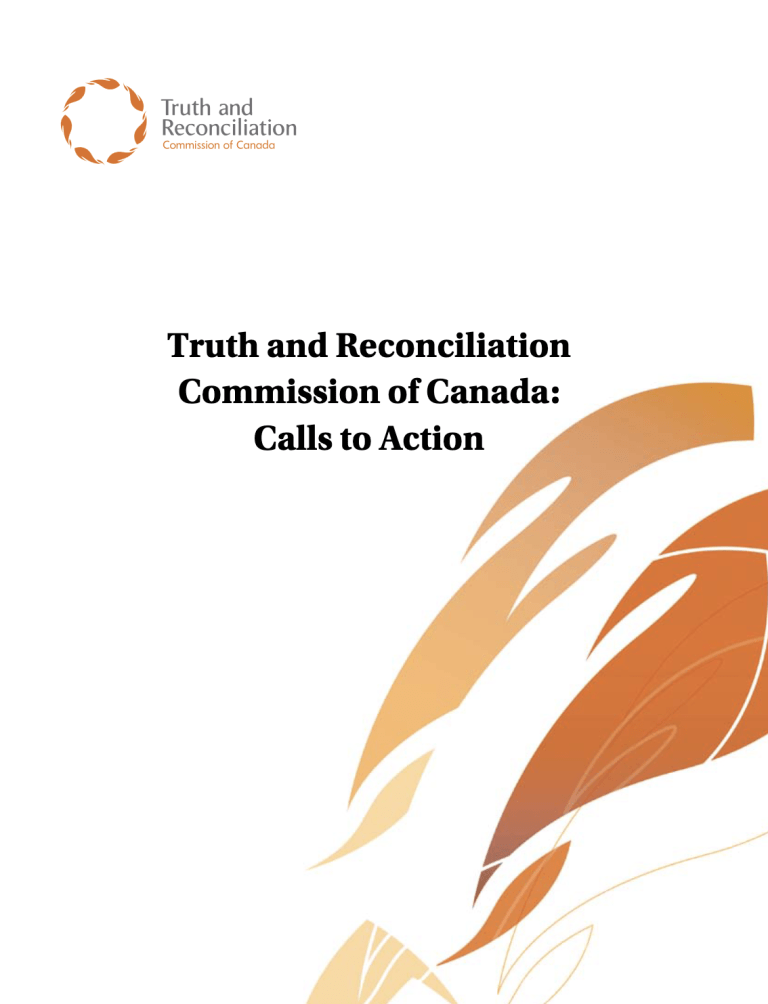43 search results
for
Public services
Legacy
Education
Recommendation 12: We call upon the federal, provincial, territorial, and Aboriginal governments to develop culturally appropriate early childhood education programs for Aboriginal families.-
Category and theme:
Audience:
Groups affected:
Location of recommendation:
Legacy
Language and culture
Recommendation 14: We call upon the federal government to enact an Aboriginal Languages Act that incorporates the following principles:- Aboriginal languages are a fundamental and valued element of Canadian culture and society, and there is an urgency to preserve them.
- Aboriginal language rights are reinforced by the Treaties.
- The federal government has a responsibility to provide sufficient funds for Aboriginal-language revitalization and preservation.
- The preservation, revitalization, and strengthening of Aboriginal languages and cultures are best managed by Aboriginal people and communities.
- Funding for Aboriginal language initiatives must reflect the diversity of Aboriginal languages.
-
Category and theme:
Audience:
Groups affected:
Location of recommendation:
Legacy
Language and culture
Recommendation 17: We call upon all levels of government to enable residential school Survivors and their families to reclaim names changed by the residential school system by waiving administrative costs for a period of five years for the name-change process and the revision of official identity documents, such as birth certificates, passports, driver’s licenses, health cards, status cards, and social insurance numbers.-
Category and theme:
Audience:
Groups affected:
Location of recommendation:
Legacy
Health
Recommendation 19: We call upon the federal government, in consultation with Aboriginal peoples, to establish measurable goals to identify and close the gaps in health outcomes between Aboriginal and non-Aboriginal communities, and to publish annual progress reports and assess longterm trends. Such efforts would focus on indicators such as: infant mortality, maternal health, suicide, mental health, addictions, life expectancy, birth rates, infant and child health issues, chronic diseases, illness and injury incidence, and the availability of appropriate health services.-
Category and theme:
Audience:
Groups affected:
Location of recommendation:
Legacy
Health
Recommendation 20: In order to address the jurisdictional disputes concerning Aboriginal people who do not reside on reserves, we call upon the federal government to recognize, respect, and address the distinct health needs of the Métis, Inuit, and off-reserve Aboriginal peoples.-
Category and theme:
Audience:
Groups affected:
Location of recommendation:
Legacy
Health
Recommendation 21: We call upon the federal government to provide sustainable funding for existing and new Aboriginal healing centres to address the physical, mental, emotional, and spiritual harms caused by residential schools, and to ensure that the funding of healing centres in Nunavut and the Northwest Territories is a priority.-
Category and theme:
Audience:
Groups affected:
Location of recommendation:
Legacy
Health
Recommendation 22: We call upon those who can effect change within the Canadian health-care system to recognize the value of Aboriginal healing practices and use them in the treatment of Aboriginal patients in collaboration with Aboriginal healers and Elders where requested by Aboriginal patients.-
Category and theme:
Audience:
Groups affected:
Location of recommendation:
Legacy
Health
Recommendation 23: We call upon all levels of government to:- Increase the number of Aboriginal professionals working in the health-care field.
- Ensure the retention of Aboriginal health-care providers in Aboriginal communities.
- Provide cultural competency training for all healthcare professionals.
-
Category and theme:
Audience:
Groups affected:
Location of recommendation:
Legacy
Justice
Recommendation 25: We call upon the federal government to establish a written policy that reaffirms the independence of the Royal Canadian Mounted Police to investigate crimes in which the government has its own interest as a potential or real party in civil litigation.-
Category and theme:
Audience:
Groups affected:
Location of recommendation:
Legacy
Justice
Recommendation 27: We call upon the Federation of Law Societies of Canada to ensure that lawyers receive appropriate cultural competency training, which includes the history and legacy of residential schools, the United Nations Declaration on the Rights of Indigenous Peoples, Treaties and Aboriginal rights, Indigenous law, and Aboriginal–Crown relations. This will require skills-based training in intercultural competency, conflict resolution, human rights, and anti-racism.-
Category and theme:
Groups affected:
Location of recommendation:
